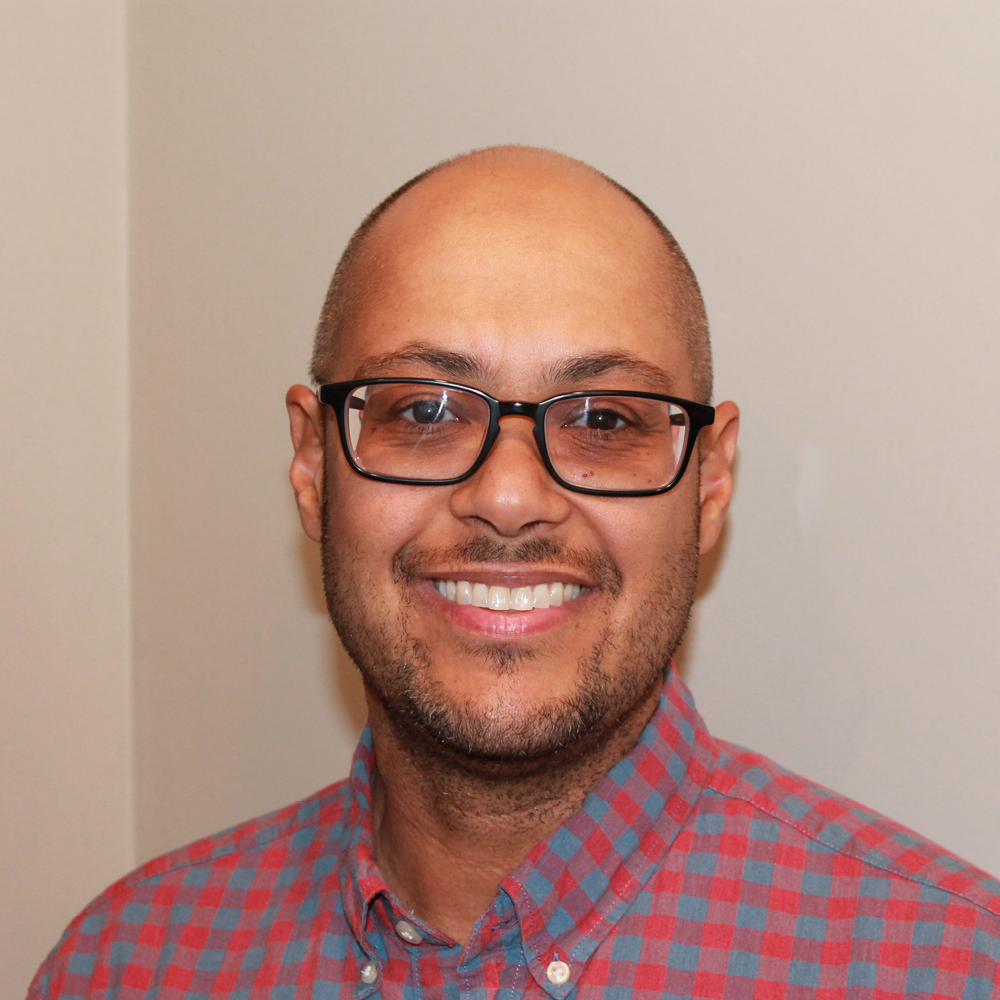YouthConnect is an innovative and unique program of Boys & Girls Clubs of Boston (BGCB) that provides violence prevention, intervention, advocacy and mental health services to young people who are involved in the criminal justice system and their families.
All services are confidential, voluntary and free. Since 1996, YouthConnect has assisted over 17,000 youth and families across Boston.


























































































